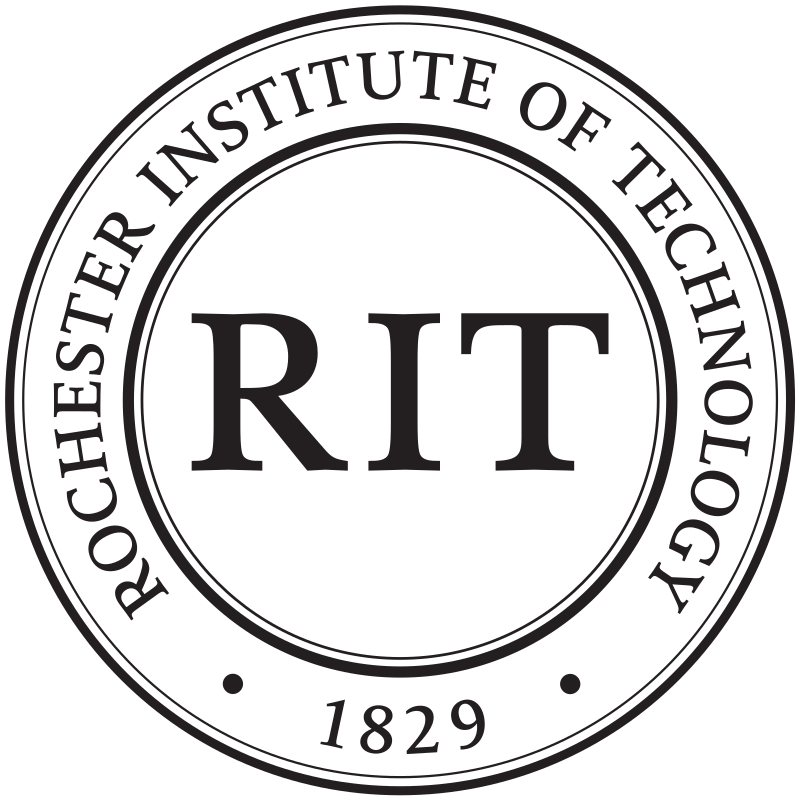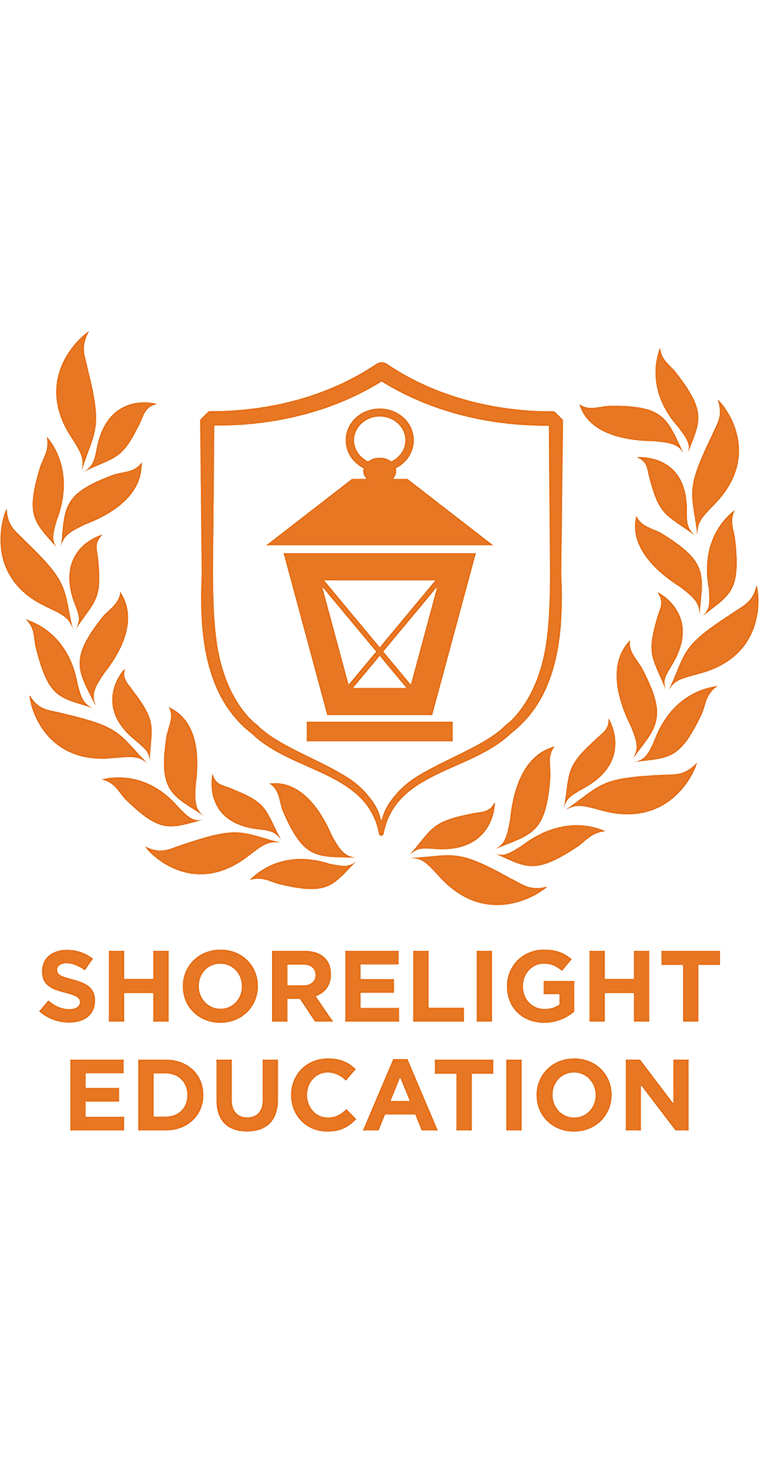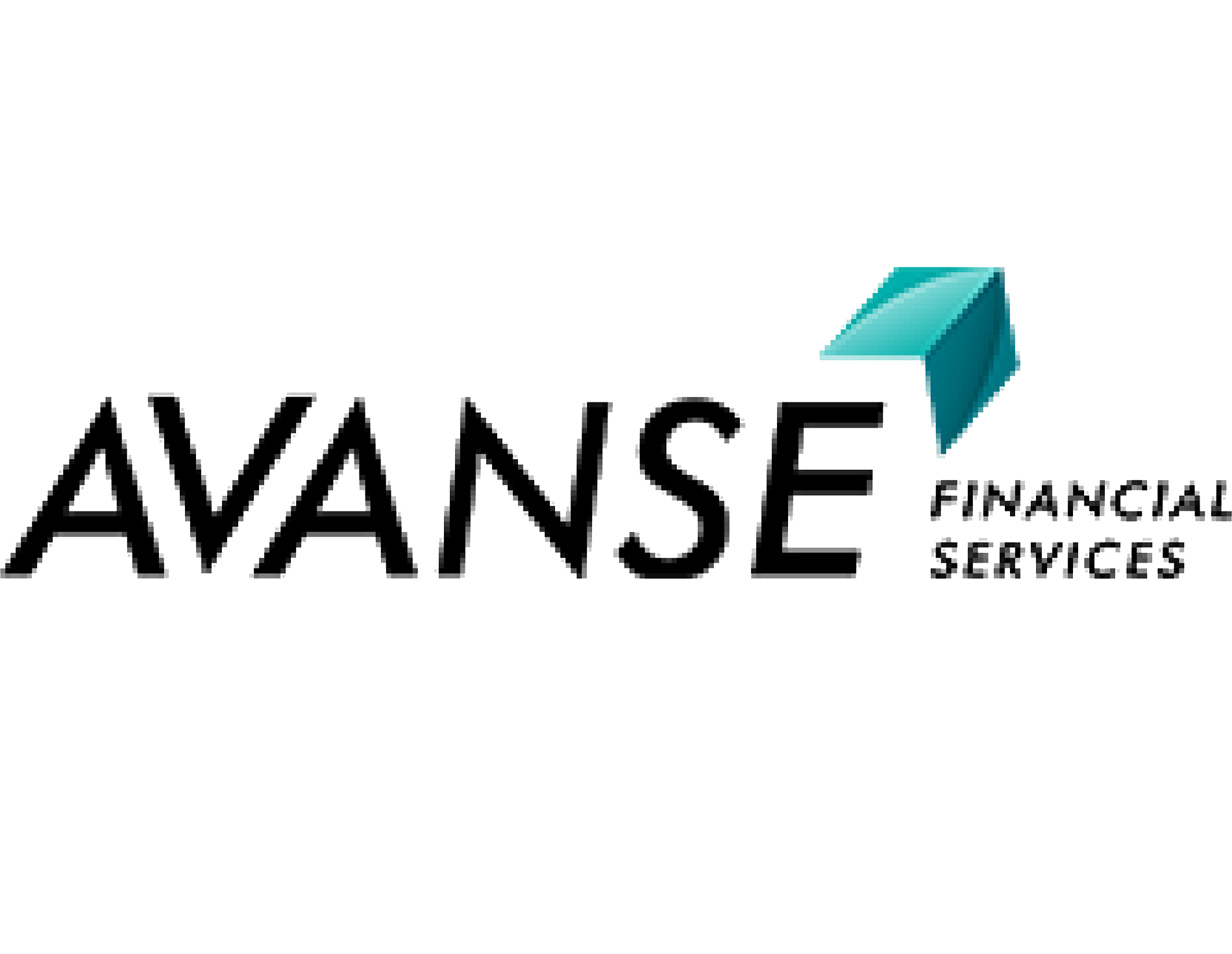
Foreign Education Consultants
Typically replies within minutes
Foreign Education Consultants
Hi There,
How can I help you?

Foreign Education Consultants
Typically replies within minutes
Foreign Education Consultants
Hi There,
How can I help you?
Get university recommendations.
Create SOP for free
Direct university communication
Track your application
Online payments
Don't have an account?
Get university recommendations.
Create SOP for free
Direct university communication
Track your application
Online payments
Already have an account?
Get university recommendations.
Create SOP for free
Direct university communication
Track your application
Online payments
Got your password?

Application Fee
Master of Science Degree in Accounting and Analytics
Get a degree that you can apply to any business in any industry worldwide as accounting is the common language every company requires. The newly-revised analytics-infused program is based on expert opinion shared in various journals and forums, explicit demand of recruiters and our Accounting Advisory Board, and current students insisting on more analytics courses.
As Saunders has built expertise in business analytics, the degree helps graduates manage internal and external data related to accounting measurements with easy access to analytics tools as accounting has become quantitative and technology-infused. International students qualify to apply for a F-1 STEM OPT work extension which can extend their total work eligibility up to 3 years.
The Master of Science in Accounting and Analytics program at Saunders College is a one-year program, serving as a more specialized alternative to the MBA degree in Accounting, which provides a broader education across all business functions. This innovative program teaches students how technologies and business analytics are used in the accounting profession, specifically focusing on:
As a new accountant or professional looking to advance your career, the program brings together vital areas of technology, big data, AI, and advanced analytics based on the foundation of accounting and auditing. You will obtain business analytics and technology skills, taught by a faculty nationally recognized in the top 1% for management information systems.
Saunders graduates experience a 95% outcomes rate across all Saunders business programs, as employers value their ability to stand out from their peers and deliver results. Learn about other top rankings and recognition received by Saunders College graduate programs and Rochester Institute of Technology.
Accounting analytics can help an organization answer financial questions by looking at all the data gathered by a company (e.g., transactional data, financial data, investment analysis, etc.) and analyzing this information to gain significant insights, predict future outcomes, or even ascertain risk.
Data Analytics for Accounting: Why Financial Data Matters
There are four key types of data analytics–descriptive, diagnostic, predictive, and prescriptive–and each has a role in helping an accountant report on activity happening within an organization. All four of these types of data can be used to create a full picture of what's happening within a business, what decisions can and should be made, and where growth opportunities lie.
Descriptive analytics tell us what is happening. Descriptive analytics categorizes and classifies a range of information. Accountants can use this trove of data to report on what is happening within a company, from cash flow, revenue and expenses, and inventory, to website traffic and social media analytics.
Diagnostic analytics tell us why something happened. Accountants are skilled at using data to create forecasts and predict trends. Diagnostics analytics is the use of data to determine the causes of trends and the correlations between any number of variables. For example, diagnostic analytics can help examine market demand for a product, can provide insight into why a product’s sales are up or down, or they can help explore correlation or causation between variables.
Predictive analytics tell us what’s going to happen. Will a key piece of machinery break down? Will an organization have enough cash flow in nine months? Should a company anticipate different staffing needs during a specific time period? Predictive analytics helps accountants examine data to forecast a range of different scenarios that can impact drive strategic decision making.
Prescriptive analytics tell us what we should do next. Prescriptive analytics is data-driven decision-making. It’s the use of data to determine a course of action. Social media applications use predictive analytics to determine what content to serve you based on your engagement with past content. Banks analyze transaction histories in order to identify fraud. Data on consumer behavior and shopping patterns can determine new product lines and product improvements. Prescriptive analytics can also point to problems that may arise or decision paths to avoid going down.
Accounting and Analytics, MS degree, typical course sequence
Course Sem. Cr. Hrs.
First Year
ACCT-738 Information Systems Auditing and Assurance Services 3
ACCT-745 Accounting Information and Analytics 3
ACCT-796 Accounting Capstone Experience 3
BANA-680 Data Management for Business Analytics 3
BANA-780 Advanced Business Analytics 3
FINC-780 Financial Analytics 3
MGIS-650 Introduction to Data Analytics and Business Intelligence 3
BANA or MGIS Elective 3
Graduate Electives 6
Total Semester Credit Hours 30
Admission Requirements
To be considered for admission to the MS program in accounting and analytics, candidates must fulfill the following requirements:
Tuition fee-$55,000 for 1 year



